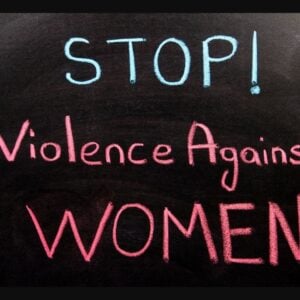While many investors remain hesitant, a new partnership model is proving that Africa’s future is not only investable but also transformational. At the UN’s Fourth International Conference on Financing for Development, Pegasus Capital and the UN Joint SDG Fund launched a collaboration that combines public and private capital to unlock impactful projects with long-term returns.
Craig Cogut, CEO of Pegasus Capital, emphasized that Africa is a diverse continent filled with hidden opportunities. For example, investments in Senegal’s small-scale fishing sector are helping reduce waste and raise incomes by introducing cold storage solutions. In Kenya, the rollout of low-energy broadband technology is bringing affordable 5G to remote areas, creating entirely new markets and closing development gaps.
The partnership leverages catalytic capital, where every dollar from the Joint SDG Fund mobilizes nineteen more from other sources. This 19:1 leverage ratio is reshaping how countries move from dependency on aid to sustainable, large-scale investment. UN Deputy Secretary-General Amina Mohammed reinforced this shift, calling for scale and speed in development financing.
One standout project is the exploration of a natural hydrogen source in Mali, potentially the only one of its kind globally. If viable, it could revolutionize West Africa’s energy sector by creating clean power and fertilizer, turning the region into a net energy exporter. The partnership between Pegasus and the SDG Fund helps mitigate early risks while keeping long-term returns in focus.
Beyond capital, trust and alignment drive this model. Pegasus, accredited by the Green Climate Fund, collaborates closely with governments and already manages climate-focused funds. The firm is also developing the world’s first Blue Green Bank in Barbados, offering a model for island and coastal economies. The Joint SDG Fund adds institutional depth, working with UN country teams and local stakeholders to fast-track and de-risk investments.
According to Lisa Kurbiel, head of the UN Joint SDG Fund, the approach is about long-term commitment—not just funding. It emphasizes co-designed solutions involving communities, governments, and private investors. This new model shifts the narrative from charity to capital.
Africa, with its youthful population and abundant natural resources, is well-positioned to lead in the green and digital revolutions. But achieving that potential requires investment that is timely, creative, and grounded in trust. The message from Seville is clear: impactful investment in Africa is already underway—now is the moment to scale it.







